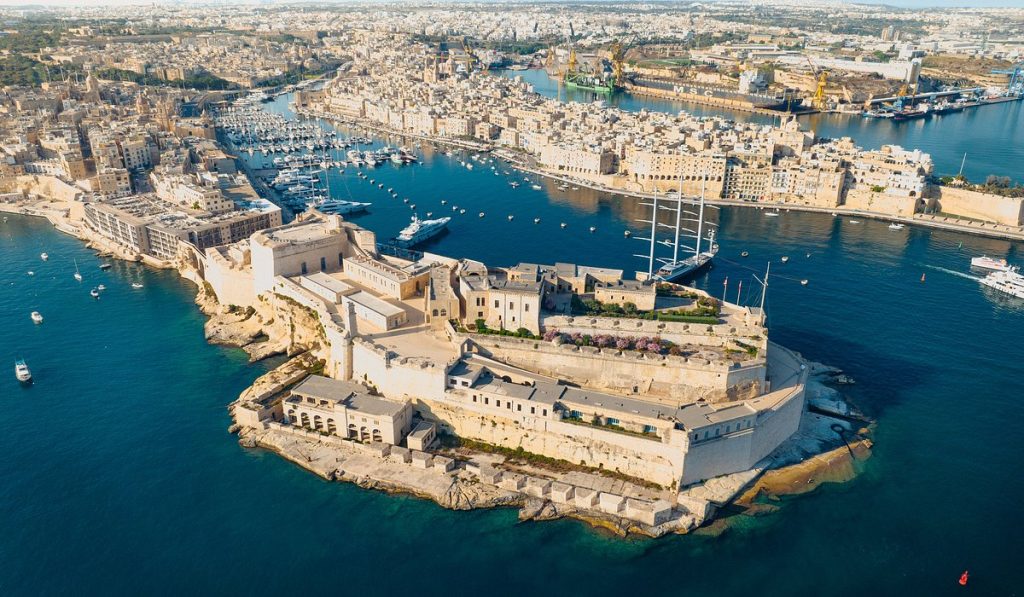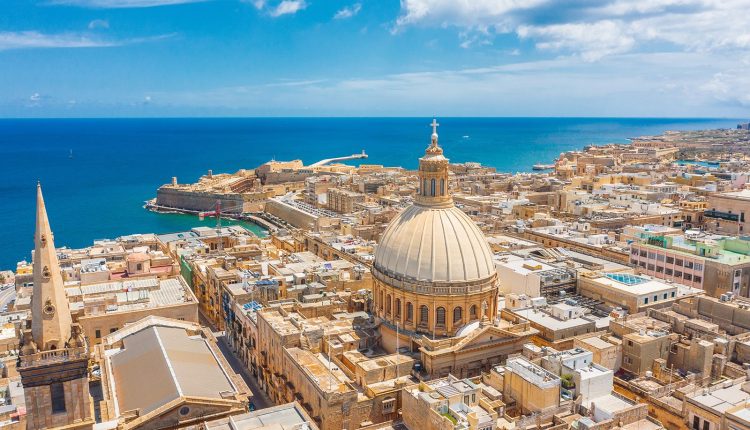Malta Work Permit Guide: Comprehensive Information and Application Process
Malta, located in the heart of the Mediterranean, is an EU member state that offers a wealth of opportunities for those looking to work abroad. Particularly for citizens from non-EU countries, working in Malta requires going through specific procedures. In this article, you’ll find detailed information about Malta work permits, the application process, and working conditions, providing you with everything you need to know to get started.
Types of Work Permits in Malta

To work in Malta, everyone must obtain a work permit, often referred to as an “employment licence” rather than the usual term “work permit.” This permit process is overseen by Identity Malta Agency and the Employment and Training Corporation (Jobsplus). Holding a work permit entitles you to regulated rights such as fair treatment, occupational safety, and equal working conditions.
There are several types of permits available for those looking to work in Malta:
- Single Permit Directive: This combines both a work and residence permit into a single document and is the most common permit for those wishing to work and live in Malta.
- Employment Licence: This is usually applied for by the employer on behalf of the worker. To obtain this permit, a job offer must first be secured, as no individual can apply without employer sponsorship.
Malta Work Permit Application Process
To apply for a work permit in Malta, the employer must submit an application on your behalf. The process involves preparing certain documents and submitting them to the relevant authorities. You can obtain additional information from the Maltese embassy, official visa application centers like VFS Global, or Identity Malta.
Documents Required for Application
- Completed application form
- Updated CV/resume
- Job description
- Reference letters
- One biometric passport-style photo
- Copy of your passport
- Copy of a valid visa (if applying from within Malta)
- Certificates or qualifications proving your skills
- Confirmation letter from the employer
- Salary details
Depending on your job position, additional documents such as a police clearance may be required. Consult your employer and visa center to ensure you have all the necessary documents.
Application Fees and Duration
Work permits in Malta are generally valid for up to one year, with the possibility of renewal. The application fee is around 150 euros, with an additional 80 euros for document issuance. Be prepared for additional costs that may arise during the application process.
Working Conditions and Rights in Malta
Malta adheres to EU standards regarding working conditions, ensuring that labor rights are well protected. Once you secure your work permit, you’ll benefit from laws ensuring occupational safety, fair treatment, and equal opportunities.
Working Hours and Holidays
- Weekly Hours: The maximum workweek in Malta is 48 hours, which includes 40 regular working hours plus 8 hours of overtime.
- Public Holidays and Leave: There are 14 public holidays in Malta. An employee working a 40-hour workweek is entitled to 192 hours of annual leave per year.
Salary and Living Costs
As of 2022, the monthly minimum wage in Malta is approximately 792 euros, with an average net salary after tax of about 1,166 euros. Here is a summary of common living expenses:
| Expense | Amount |
|---|---|
| Monthly costs for a family of four (excluding rent) | 2,684 EUR |
| Monthly costs for a single person (excluding rent) | 735 EUR |
| Rent for one-bedroom apartment (city center) | 882 EUR |
| Rent for one-bedroom apartment (outside center) | 685 EUR |
| Rent for three-bedroom apartment (city center) | 1,463 EUR |
| Rent for three-bedroom apartment (outside center) | 1,113 EUR |
Language School and Work Permits in Malta
Due to Malta’s popularity as an English learning destination, international students also have opportunities to work while studying. English is one of the official languages of Malta, and students attending courses longer than 90 days are eligible to work up to 20 hours per week. This work permit is dependent on attendance, with a minimum requirement of 75% attendance for students to maintain their visa status.
Students must extend their visa and apply for a work permit through Jobsplus before they can legally work in Malta.
Key Sectors and Employment Opportunities in Malta
Malta offers diverse job opportunities across several thriving sectors, including:
- Tourism and Hospitality: With Malta being a popular tourist destination, there are ample opportunities in hospitality, including hotels, restaurants, and tour services.
- iGaming and Technology: Malta is an important hub for the iGaming industry. Roles in this sector range from software development to digital marketing and customer service.
- Healthcare and Social Services: There is high demand for professionals in healthcare, such as nurses and elderly care specialists.
Life in Malta and Adaptation
For those planning to live and work in Malta, understanding the local lifestyle and adapting to the cultural norms are important. Malta’s climate, culture, and living standards are attractive features for many expats.
Cultural Adaptation
Malta has a rich Mediterranean culture combined with influences from various European countries, making it relatively easy for foreigners to adapt. English and Maltese are both official languages, which further facilitates the adjustment process for many foreigners.
Cost of Living
Living expenses in Malta can be higher compared to other European nations, particularly in terms of rent in city centers. To mitigate these costs, many residents opt for accommodation outside the city, where rent is more affordable.
Conclusion
Malta offers excellent opportunities for those looking to work abroad, thanks to its robust labor regulations and high living standards. Obtaining a work permit may require careful attention to detail, but the benefits of living and working in an EU country like Malta make the process worthwhile. Whether you are a professional seeking career growth or a student wanting to experience a different culture, Malta can provide a rich and rewarding experience.
If you are interested in applying for a work permit in Malta, reach out to your employer to initiate the application process and start gathering the required documents.

